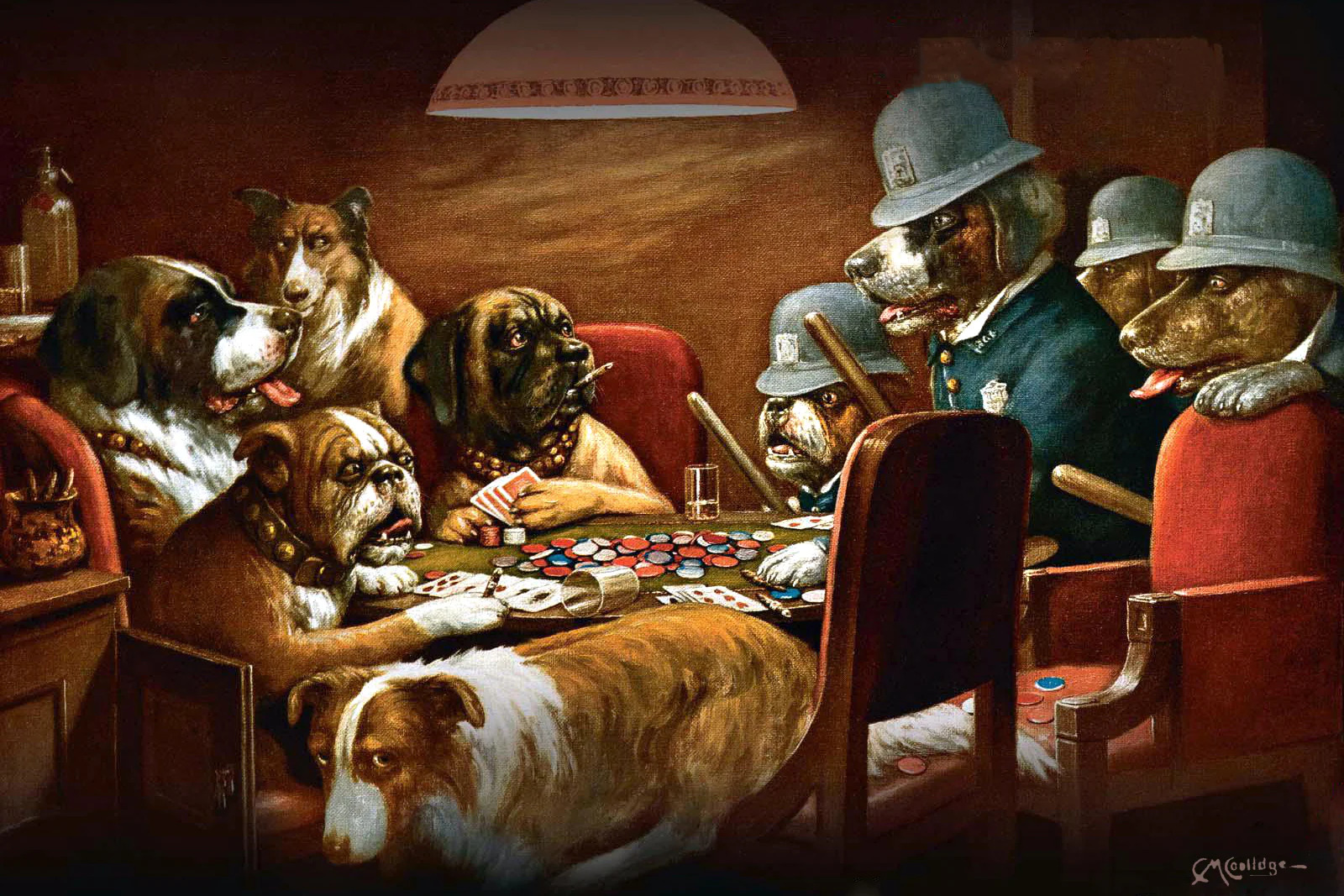 |
| Lady Macbeth could teach us a few things about hand washing. [Ellen Terry as Lady Macbeth via wikimeda] |
One of the things I have become more aware of since becoming an SP is how hard it is to stay healthy in the health profession! Students generally can't make up scenario events, and so they enter my room in various stages of illness and fever.
So now I am much more aware of handwashing -- both theirs and mine. Since I shake so many student hands, I try to wash them between students. I am more careful about rubbing my eyes. I use a paper towel to open the bathroom door after I've washed my hands. I use the back of my wrist to shut off the water. When I handle pens or my phone I want to wash my hands. Sometimes I sanitize the keyboard I am using for checklists. I even use the sanitizing gel more than I used to, though I primarily prefer soap & water.
When we are in flu season, my handwashing urge kicks into overdrive. But it must be working, because it's been a while since I got the flu, despite persistent contact with potentially infected students.
Discussion question
Does your school have a checklist item for "Student washed hands"? If so, what are the criteria for full credit? Can students use hand gel? Do they have to wash their hands in front of you or outside the room? Do they have to wash their hands immediately before beginning a physical exam? Etc.
Extra credit!
I once had a student in a group setting who refused to use hand gel because she claimed to be allergic to it. In this location there was no access to water. So I allowed her do the physical exam but it made me squirm. Only afterwards did I realize I should have asked her to use gloves instead.

.jpg/629px-Childe_Hassam_-_The_South_Ledges%2C_Appledore_-_Google_Art_Project_(576052).jpg)




